White Fillings Miami
At Miami Perfect Smile, where we specialize in transforming smiles through our exceptional white fillings Miami. With a commitment to providing unparalleled dental care, we offer a range of packages tailored to suit your individual needs and budget.
Nestled in the heart of Miami, our highly trained experts are dedicated to revitalizing your smile. Join us today and discover how our exquisite white fillings can help you achieve the perfect smile you’ve always desired.
White Fillings - 100 OFF
Financing is Available with 0% interest.
NEW PATIENTS ONLY
LIMITED-TIME SPECIAL OFFER
BEFORE AND AFTER
White Fillings before and after
Let’s explore the remarkable before and after effects of white fillings and how they can enhance your dental experience.
WHAT IS
What are White Fillings?
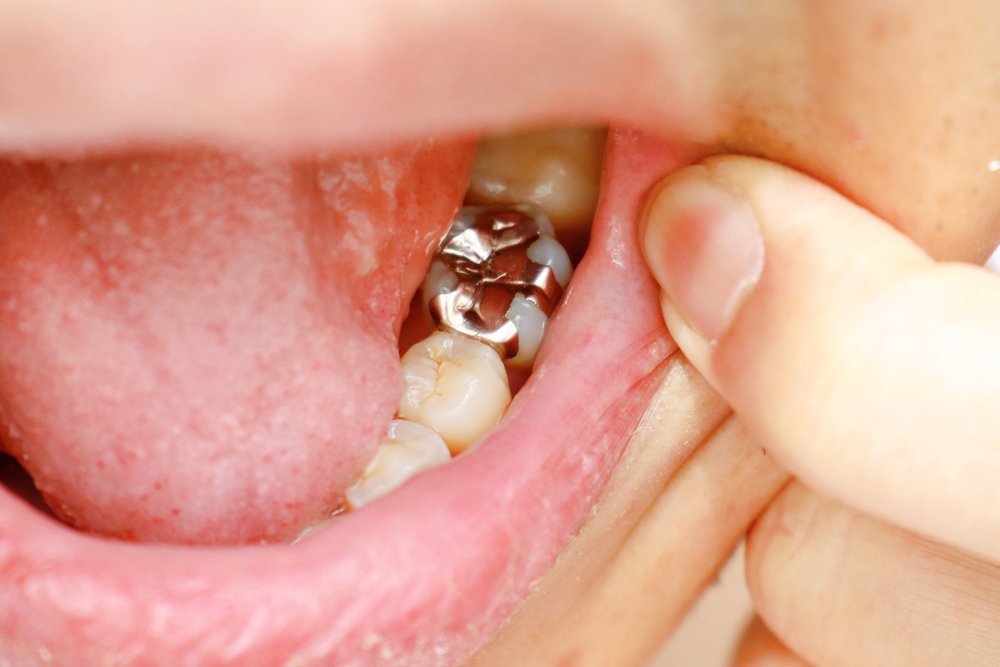
White fillings, also known as composite fillings or tooth-colored fillings, are dental restorations made of a composite resin material. They closely match the natural color of teeth, providing a more aesthetically pleasing and natural-looking result compared to traditional silver amalgam fillings. White fillings require less removal of healthy tooth structure, preserving the tooth’s strength. They bond directly to the tooth, offering support and reinforcement. Additionally, white fillings are free of mercury and provide a safer and biocompatible alternative. Overall, white fillings are a reliable and visually appealing option for restoring teeth affected by decay or minor damage.
Characteristics of White Fillings
White fillings, also known as tooth-colored fillings or composite fillings, possess several distinctive characteristics:
| Characteristics | Description |
|---|---|
| Aesthetics | Closely match the natural color of teeth, providing a seamless blend with the surrounding tooth structure. |
| Versatility | Can be used for small to medium-sized cavities and cosmetic purposes, such as reshaping teeth or repairing chips. |
| Conservative Tooth Preparation | Requires minimal removal of healthy tooth structure, preserving the natural tooth and promoting long-term health. |
| Bonding Strength | Bonds directly to the tooth structure, providing support and reinforcement for the restored tooth. |
| Reduced Sensitivity | Exhibits reduced sensitivity to temperature changes, minimizing the risk of discomfort or tooth sensitivity. |
| Biocompatibility | The composite resin material used is biocompatible and free of mercury, ensuring a safe option for dental restorations. |
| Repairability | Easily repaired or replaced in case of damage or wear, allowing for seamless repairs and maintaining the longevity of the restoration. |
ABOUT OUR DOCTOR

White Filling by Dr. Helen Carmenate, DDS
Dr. Helen Carmenate is a highly skilled dentist with a focus on smile design, restorative dentistry, and cosmetic dentistry. She completed her Undergraduate Degree in Dentistry at Ibero-American University in the Dominican Republic and further advanced her training through a General Practice Residency at the Florida Institute for Advanced Dental Education (FLIADE) in Miami.
With a passion for creating beautiful smiles, Dr. Carmenate provides exceptional care and utilizes the latest techniques to enhance both dental health and aesthetics. Patients can trust in her expertise and warm demeanor for high-quality dental treatments.
COST
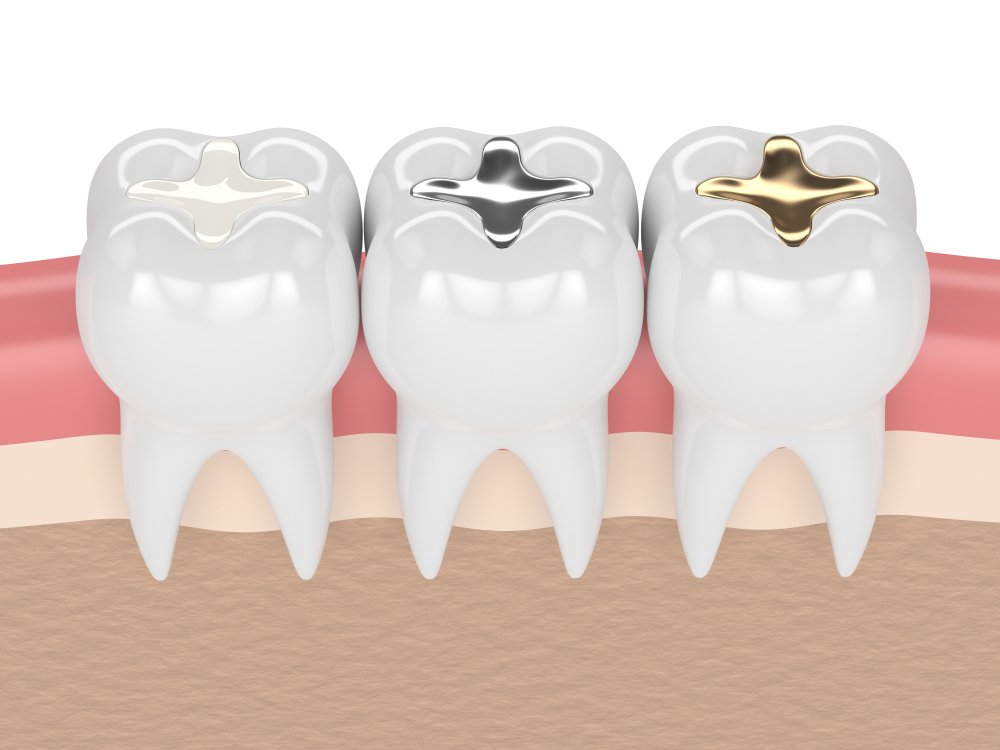
Cost for White Fillings in Miami: Aesthetic and Affordable Dental Restorations
The cost for white fillings in Miami can vary depending on several factors, including the number of fillings needed, the complexity of the restoration, and the location of the dental clinic. On average, the cost of a single white filling in Miami can range from $150 to $300. However, it is important to note that this is just a general estimate, and the final cost can vary based on individual circumstances.
Factors Affecting the Cost of White Fillings in Miami
When considering the cost of white fillings in Miami, several factors can influence the overall price. Understanding these factors can help individuals make informed decisions about their dental restoration options. Here are the key factors that can affect the cost of white fillings in Miami:
Number of Fillings Needed: The number of teeth requiring white fillings is a significant factor in determining the overall cost. The more fillings needed, the higher the total cost will be.
Size and Complexity of the Fillings: The size and complexity of the fillings play a role in the cost. Larger or more extensive cavities may require additional time and materials to complete the restoration.
Location and Reputation of the Dental Clinic: The location and reputation of the dental clinic can impact the cost of white fillings. In areas with a higher cost of living or in renowned clinics that offer exceptional services, the prices for dental procedures, including white fillings, may be slightly higher.
Dentist’s Experience and Expertise: The experience and expertise of the dentist performing the white filling procedure can affect the cost. Dentists with extensive training and specialization may charge higher fees for their services.
Material Used for the Fillings: The type of material used for white fillings can impact the cost. Different composite resin materials or porcelain fillings may have varying costs.
Dental Insurance Coverage: Dental insurance coverage can significantly influence the out-of-pocket cost for white fillings. The coverage provided by insurance plans varies, so it is important to review the policy details to understand the extent of coverage for restorative dental procedures like white fillings.
It is recommended to consult with a dentist in Miami to get an accurate cost estimate based on individual circumstances. They can evaluate the specific dental needs, discuss treatment options, and provide a personalized cost breakdown for white fillings.

Dental Insurance Cover white fillings?
Dental insurance generally covers white fillings as part of restorative dental services, although the specific coverage and limitations can vary depending on the insurance plan. It is advisable to review your dental insurance policy to understand the extent of coverage for white fillings. Your dentist’s office can also assist in verifying your insurance coverage and providing cost estimates. If you have concerns about the cost or coverage, discussing these matters with your dentist and insurance provider is recommended to explore options and maximize benefits.
Insurance Accepted at Miami Perfect Smile
At Miami Perfect Smile, we proudly accept CareCredit and Alphaeon Credit. These two popular healthcare credit options provide our patients with convenient and flexible payment solutions for their dental implant treatments. With CareCredit and Alphaeon Credit, you can easily manage the cost of your white fillings through customizable financing plans. Experience the benefits of these trusted credit options at Miami Perfect Smile and achieve your perfect smile with ease.
CONSULTATION
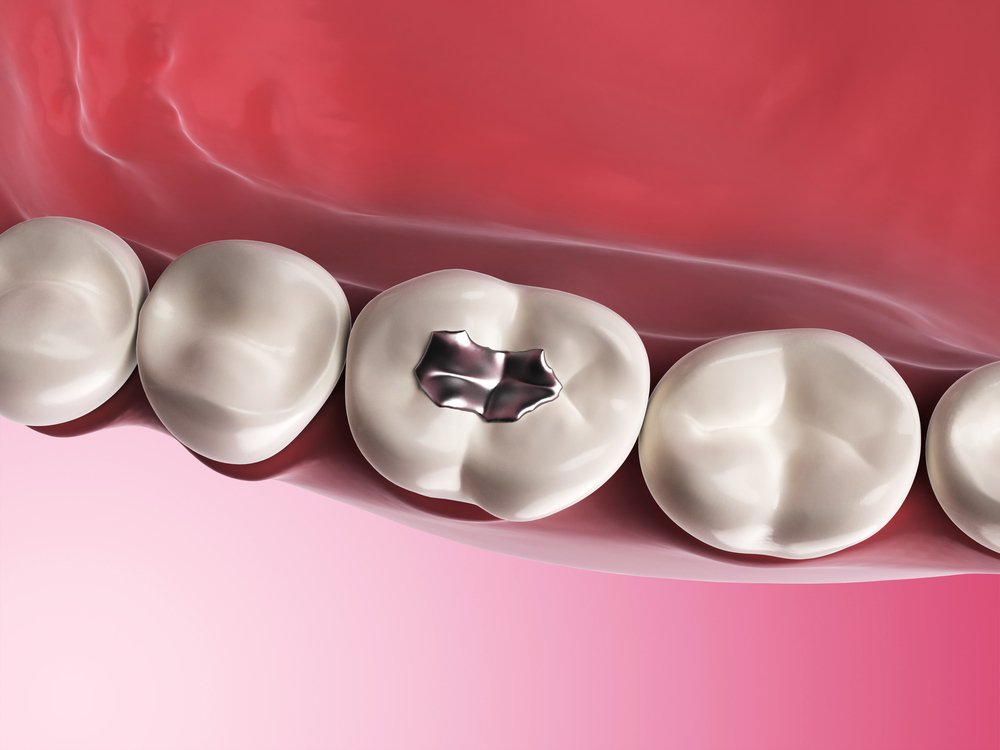
Consultation white fillings at Miami Perfect Smile - Book Now!
Are you looking to restore your smile with white fillings? Look no further than Miami Perfect Smile! Our expert dental team is dedicated to providing exceptional care and aesthetic results. Book a consultation with us today and take the first step towards achieving a beautiful and confident smile. Experience the quality and personalized service that Miami Perfect Smile has to offer. Don’t wait any longer – schedule your appointment now and let us help you transform your smile with white fillings.
PROS AND CONS
Pros and cons of White Fillings
Pros:
Aesthetic Appeal: White fillings closely match the natural color of your teeth, providing a seamless and natural-looking restoration. They blend in with your smile, enhancing its overall appearance.
Versatility: White fillings can be used for small to medium-sized cavities and also for cosmetic purposes, such as repairing chips or reshaping teeth. They offer versatility in addressing both functional and aesthetic concerns.
Conservative Tooth Preparation: White fillings require minimal removal of healthy tooth structure compared to other types of fillings. This conservative approach helps to preserve more of the natural tooth, promoting its long-term health and strength.
Bonding Strength: White fillings bond directly to the tooth structure, creating a strong and durable restoration. The bond provides additional support and reinforcement to the tooth, contributing to its overall strength.
Reduced Sensitivity: White fillings exhibit reduced sensitivity to temperature changes compared to certain metallic fillings. They do not expand or contract significantly with hot or cold stimuli, minimizing the risk of discomfort or tooth sensitivity.
Cons:
Cost: White fillings may be more expensive than traditional silver amalgam fillings. The cost can vary depending on factors such as the size and location of the filling, the complexity of the restoration, and the materials used.
Longevity: While white fillings are durable and long-lasting, they may not last as long as some metal fillings. They may require replacement or repair over time, depending on factors such as oral hygiene practices, tooth location, and chewing habits.
Staining Potential: Over time, white fillings can become stained or discolored, especially if exposed to certain foods, beverages, or lifestyle habits like smoking. Regular dental hygiene practices and avoiding staining substances can help maintain the appearance of the fillings.
Restoration Size Limitations: White fillings may not be suitable for larger restorations or areas with extensive tooth damage. In such cases, alternative restorative options like dental crowns may be more appropriate.
It is important to discuss these pros and cons with your dentist to determine the best option for your specific dental needs. They can evaluate your oral health, consider the location and size of the restoration, and guide you in making an informed decision about white fillings or alternative treatments.
CARE
Caring for White Fillings: Tips for Long-lasting Dental Restorations
Congratulations on choosing white fillings to restore your teeth! Now that you have your dental restorations in place, it’s essential to take proper care of them to ensure their longevity and maintain your oral health. In this article, we will provide you with valuable tips on how to care for your white fillings and promote their long-lasting success.
Practice Good Oral Hygiene: Maintaining good oral hygiene is crucial for the longevity of your white fillings. Brush your teeth at least twice a day with a soft-bristle toothbrush and fluoride toothpaste. Pay extra attention to the areas around the fillings, gently brushing in a circular motion. Floss daily to remove plaque and debris between your teeth, including around the fillings.
Avoid Staining Substances: Certain foods and beverages can stain your teeth and potentially discolor your white fillings over time. Limit your consumption of staining substances like coffee, tea, red wine, and tobacco products. If you do consume them, rinse your mouth with water afterward or consider using a straw to minimize contact with your teeth and fillings.
Maintain Regular Dental Check-ups: Schedule regular dental check-ups and cleanings with your dentist. These appointments are essential for monitoring the condition of your white fillings and detecting any signs of wear, decay, or damage early on. Your dentist can provide professional cleaning, polish the fillings, and address any concerns you may have.
Avoid Excessive Force: Avoid using your teeth as tools to open packages or bite into hard objects like ice or pens. Excessive force can put stress on the fillings and potentially cause them to chip or break. Protect your dental restorations by using appropriate tools and practicing caution when engaging in activities that could harm your teeth.
Wear a Mouthguard: If you participate in contact sports or grind your teeth at night, wearing a mouthguard can help protect your white fillings from damage. A custom-fitted mouthguard can provide an extra layer of protection against potential trauma and grinding forces, preserving the integrity of your dental restorations.
Address Any Concerns Promptly: If you notice any changes in the color, shape, or sensitivity of your white fillings, or if you experience any discomfort, contact your dentist right away. Early intervention can prevent further complications and ensure that your fillings remain in optimal condition.
WHITE FILLINGS IN MIAMI
Frequently asked questions

Are white fillings as durable as silver amalgam fillings?
While white fillings are durable and can withstand normal chewing forces, they may not be as strong as silver amalgam fillings in certain cases. The durability of white fillings depends on factors such as the size and location of the filling, the material used, and proper oral care. Discuss your specific needs with your dentist to determine the most suitable type of filling for your situation.
Do white fillings require special care or maintenance?
White fillings do not require any special care or maintenance beyond regular oral hygiene practices. Brush and floss your teeth daily, attend regular dental check-ups, and avoid habits that may damage your teeth, such as biting hard objects or using your teeth as tools. Following these practices will help maintain the longevity and appearance of your white fillings.
Can white fillings be used to replace old silver amalgam fillings?
Yes, white fillings can be used to replace old silver amalgam fillings. Your dentist will assess the condition of your existing fillings and determine if they need to be replaced. White fillings offer a more aesthetically pleasing option, as they can be color-matched to blend seamlessly with your natural teeth.
Will my dental insurance cover the cost of white fillings?
Dental insurance plans typically cover a portion of the cost for white fillings, similar to other dental restorations. However, the specific coverage may vary depending on your insurance plan. It is recommended to review your insurance policy or consult with your dental insurance provider to understand the extent of coverage for white fillings.
Are white fillings safe and free from mercury?
Yes, white fillings are safe and free from mercury. Unlike silver amalgam fillings, which contain mercury, white fillings are made of composite resin or porcelain materials that do not include mercury. They are considered a safe and biocompatible option for dental restorations.
Can I have allergies or sensitivities to white fillings?
Allergies or sensitivities to the materials used in white fillings are extremely rare. Composite resin and porcelain materials used in white fillings are generally well-tolerated by most individuals. However, if you have concerns about allergies or sensitivities, discuss them with your dentist to ensure the appropriate materials are used for your fillings.
How long do white fillings typically last?
The lifespan of white fillings can vary depending on various factors, including the size and location of the filling, the material used, oral hygiene practices, and individual habits. On average, white fillings can last between 5 to 10 years or longer with proper care. Attending regular dental check-ups allows your dentist to monitor the condition of your fillings and recommend any necessary maintenance or replacement.
Can I eat and drink normally after getting white fillings?
Yes, you can eat and drink normally after getting white fillings. Unlike silver amalgam fillings that require some time to harden, white fillings harden immediately after the dental procedure. However, it is advisable to avoid consuming extremely hot or cold food and beverages immediately after the procedure to minimize sensitivity.
Will I experience sensitivity after getting white fillings?
Some individuals may experience temporary sensitivity to hot or cold temperatures after getting white fillings. This sensitivity typically subsides within a few days or weeks. If the sensitivity persists or worsens, it is important to contact your dentist for an evaluation as it may indicate an issue with the filling or an underlying dental concern.
Can I whiten my teeth if I have white fillings?
It is generally not possible to whiten the specific area of a tooth that has a white filling. However, if you are interested in teeth whitening, your dentist can discuss alternative options to help achieve a brighter smile, such as whitening the natural tooth surfaces surrounding the fillings.

How much are veneers in Poland
The cost of veneers in Poland around $350 to $700 per tooth. can vary depending on a number of factors, such as the type of
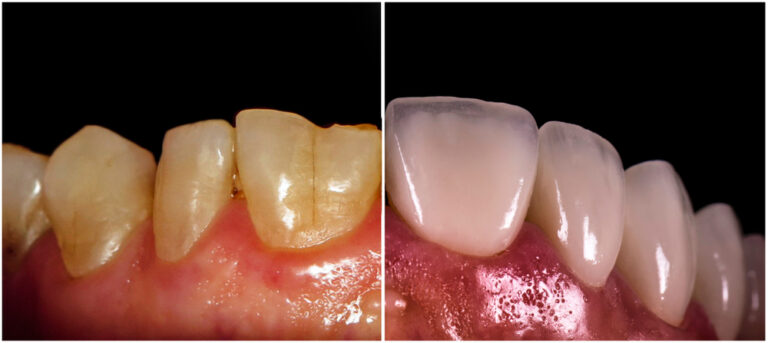
How much do veneers cost in Hawaii
The cost of veneers in Hawaii can vary depending on several factors, including the material used, the number of veneers needed, and the experience of
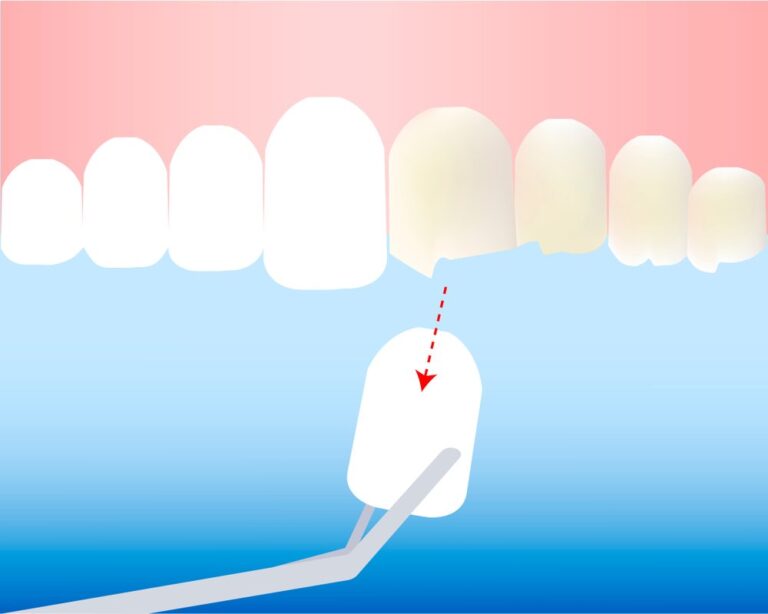
How much are veneers in Ky
The cost of veneers in Kentucky can vary depending on several factors, including the number of veneers needed, the type of material used, and the
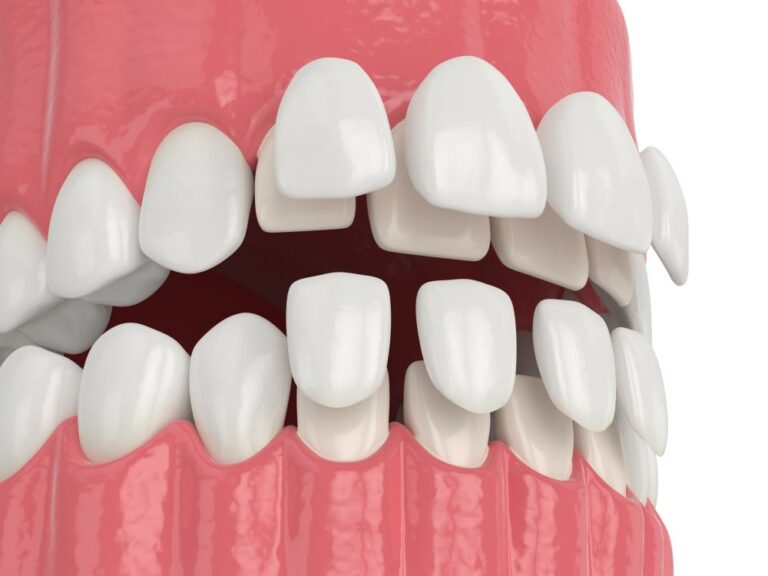
How much do veneers cost Australia
The cost of veneers in Australia can vary depending on the factors mentioned above. However, the average cost of porcelain veneers in Australia ranges from
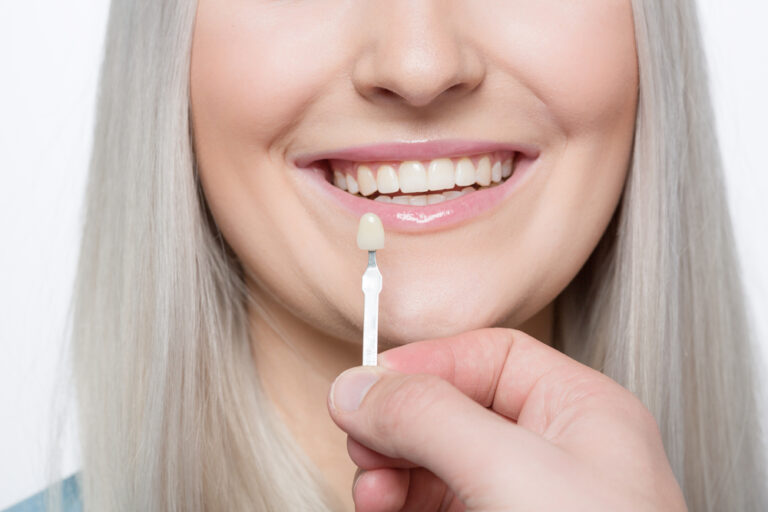
How much are veneers Chicago
The cost of veneers in Chicago can vary depending on several factors, such as the number of teeth being treated, the type of material used,
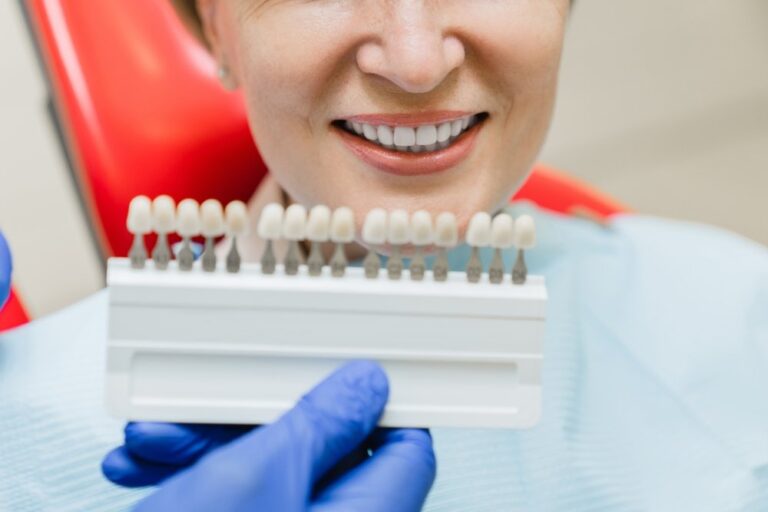
How much are veneers in Thailand
Now that we’ve gone over some of the factors that can affect the cost of veneers in Thailand, let’s talk about how much you can
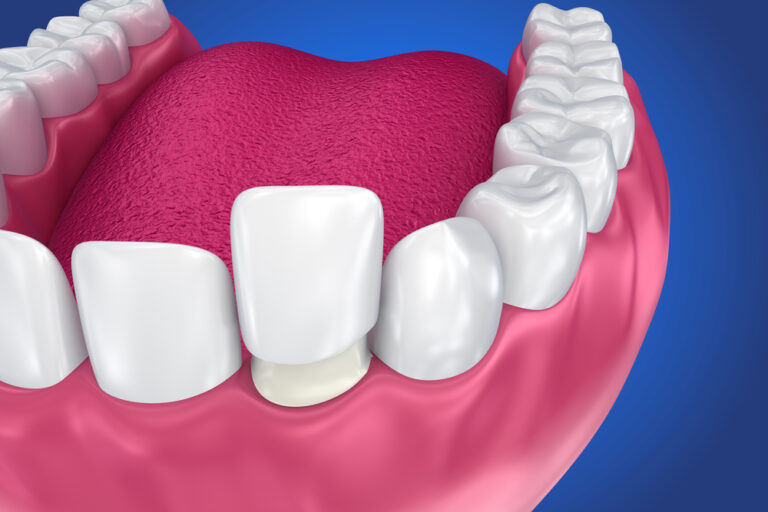
How much are veneers in San Antonio
The cost of veneers in San Antonio on average, the cost of a single porcelain veneer in San Antonio can range from $800 to $2000.
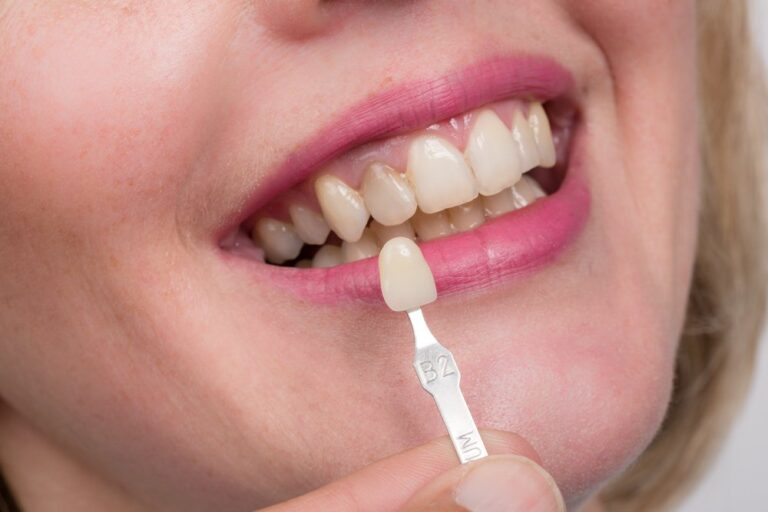
How much do veneers cost near Pennsylvania
The cost of veneers near Pennsylvania can vary depending on a number of factors, including the number of teeth being treated, the type of veneers
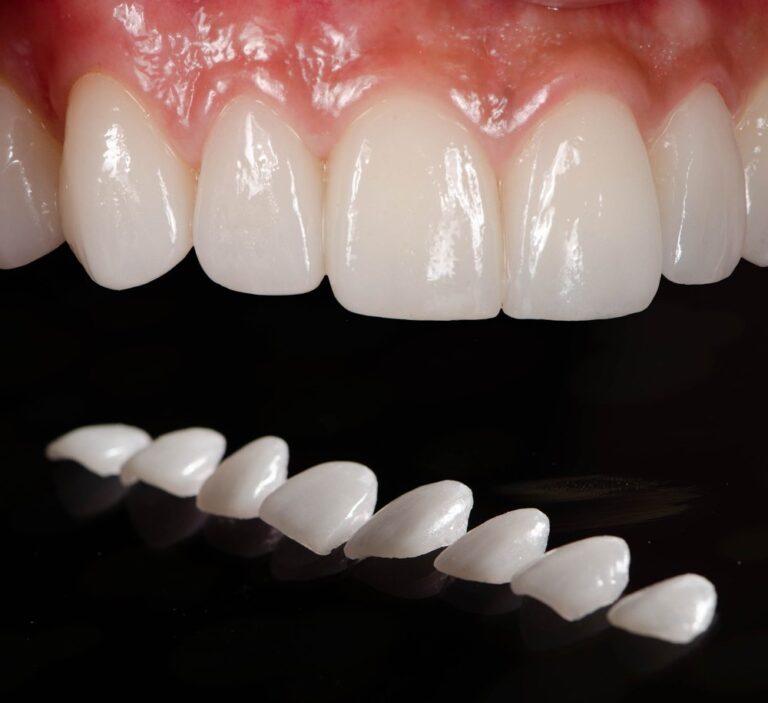
How much do veneers cost in Wisconsin
If you’re wondering “How much do veneers cost in Wisconsin?”, the average cost ranges from $800 to $2,500 per tooth. The cost of veneers in
